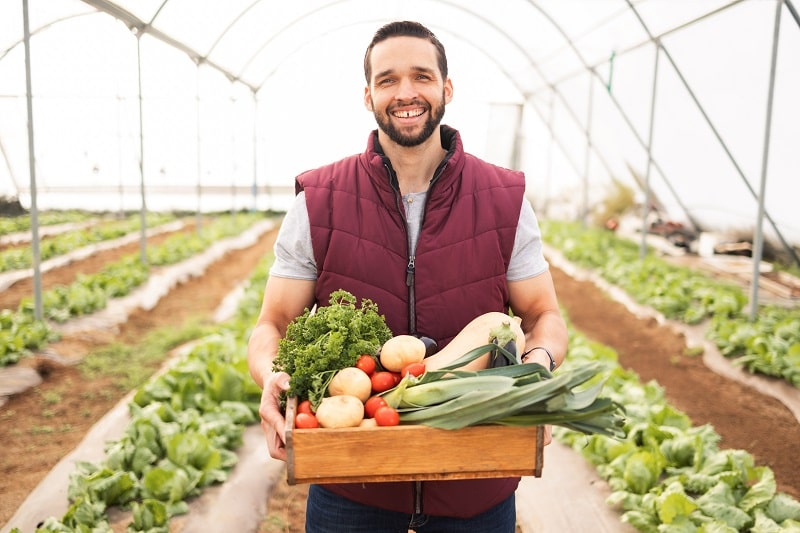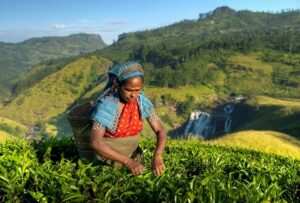Sustainable agriculture refers to farming practices and systems that aim to meet current food production needs without compromising the ability of future generations to meet their own needs. It prioritizes environmental stewardship, economic viability, and social equity.
Historical Context
The concept of sustainable agriculture has ancient roots, but it gained significant attention in the 20th century as concerns about environmental degradation and food security grew.
Production and Sourcing
Sustainable agriculture focuses on reducing environmental impact by minimizing chemical inputs, promoting soil health, conserving water resources, and supporting biodiversity. It often involves organic farming practices.
Applications
Sustainable agriculture is applied in various types of farming, including crop production, livestock farming, aquaculture, and agroforestry. It aims to ensure food security, reduce waste, and address climate change.
Regulatory Framework
Many countries have developed regulations and certification programs to promote and verify sustainable agricultural practices. These may include organic farming standards and labels.
Consumer Concerns
Consumers concerned about environmental sustainability, ethical treatment of animals, and food safety often seek sustainably produced food products.
Health and Safety
Sustainable agricultural practices typically prioritize food safety and reduced exposure to harmful chemicals. Organic farming, a common practice within sustainable agriculture, is known for its focus on natural and healthy food production.
Applicable Products
A wide range of agricultural products can be produced sustainably, including organic fruits and vegetables, grass-fed meats, free-range eggs, and sustainably harvested seafood.
Alternatives
Alternative agricultural practices may include conventional farming methods, which often rely more on synthetic chemicals and may have different environmental impacts.
Scientific Research
Scientific research in sustainable agriculture explores innovative techniques and technologies that reduce the environmental footprint of farming while ensuring high crop yields and livestock production.
Case Studies
Case studies in sustainable agriculture may showcase successful farms or regions that have implemented sustainable practices and reaped economic, environmental, and social benefits.
Future Trends
Future trends in sustainable agriculture may involve increased adoption of regenerative agriculture, precision farming technologies, and sustainable aquaculture methods.
Opinions
Opinions on sustainable agriculture vary, with proponents highlighting its potential to address global challenges like climate change and resource depletion. Critics may express concerns about potential yield limitations.
Warnings
Warnings in sustainable agriculture may relate to the need for proper training and knowledge in implementing sustainable practices to avoid unintended negative consequences.
Synonyms
Synonyms for “sustainable agriculture” include “sustainable farming,” “ecological agriculture,” and “regenerative agriculture.”
Conclusion
Sustainable agriculture represents a holistic approach to farming that seeks to balance the needs of the present with those of the future. It addresses environmental, economic, and social concerns while providing a framework for responsible food production. As a response to the challenges of modern agriculture, it offers a path toward a more resilient and environmentally friendly food system.







